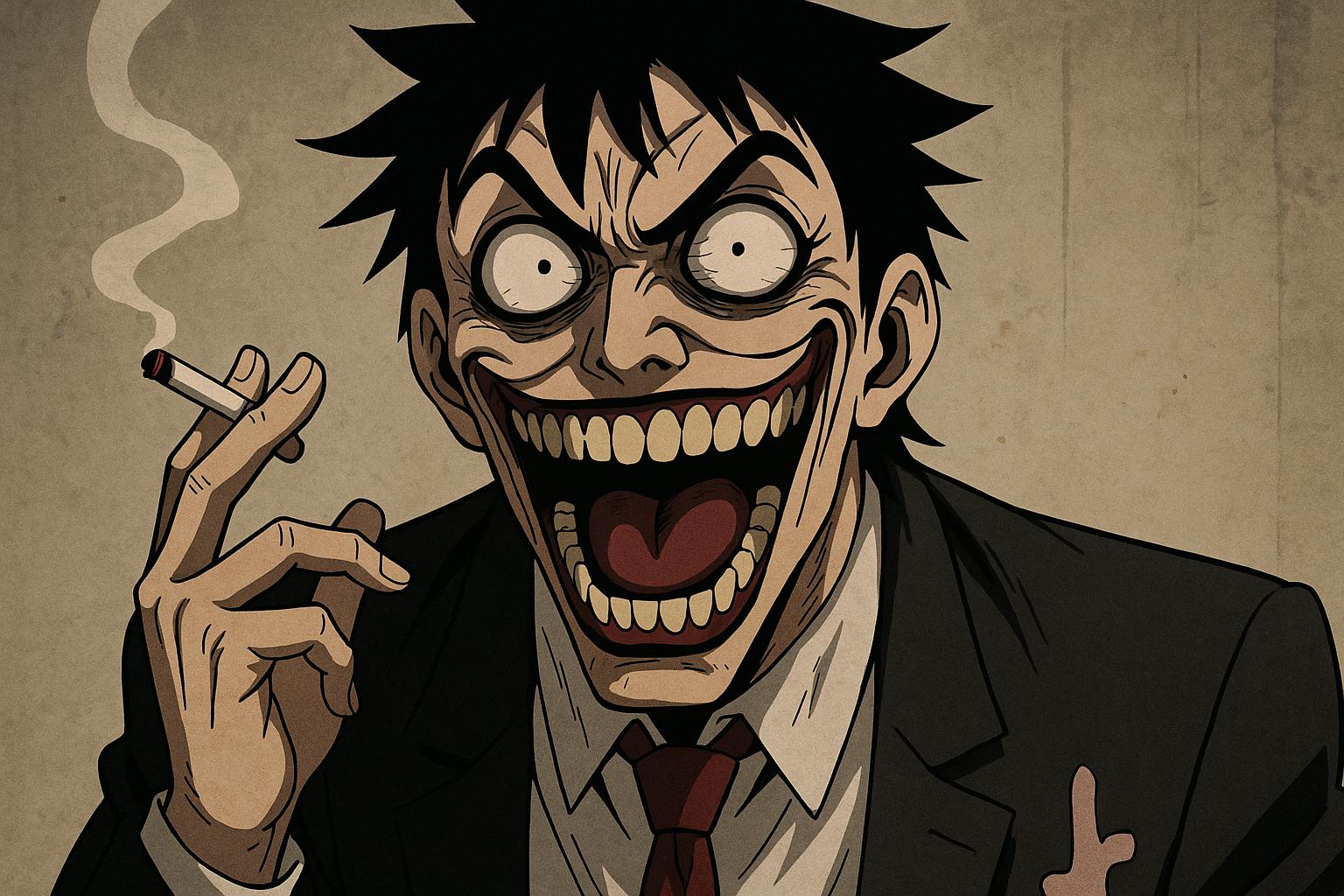Netflix's new anthology series, Bad Thoughts, marks a bold leap into the realm of dark comedy, showcasing the distinctive style of comedian Tom Segura. While it may not yet hold a prominent place among the streaming giant's best offerings, it certainly provides a unique blend of unsettling narratives and cringe-inducing humour that is likely to resonate with a specific audience.
Drawing comparisons to the acclaimed Black Mirror, Bad Thoughts features a variety of stories that oscillate between the grotesque and the absurd. Segura assumes multiple roles throughout the six episodes, portraying characters ranging from an inept assassin to a country singer with a disturbing obsession for his fans. In doing so, the series confronts viewers with a mixture of shock and also unexpected laughter, evoking a curious mix of emotions. As one critic noted, the premiere episode sets an ominous tone, prompting a visceral reaction of both dread and amusement. This juxtaposition of dark themes with comedic elements gives it a distinctly provocative edge.
The series has garnered attention not only for its unique storytelling but also for its impressive roster of guest stars, including Daniella Pineda from Jurassic Park and Robert Iler from The Sopranos. Their performances add an enriching layer to the already chaotic narratives, further illustrating the show's ambitious approach to comedy. Speaking to the Los Angeles Times, critic Ali Lerman referred to Bad Thoughts as a "fever dream," encapsulating its unbridled exploration of societal taboos and discomforting humour.
Despite its appeal, the reception has been polarising. The show currently holds a 55% rating on Rotten Tomatoes, categorised as 'not fresh.' This contrasts sharply with its intended aim of pushing cultural boundaries through humour. While some viewers may relish the shock value and disdainfully hilarious storytelling, others may find it distasteful and off-putting, making it a classic example of a "Marmite" show—a term that aptly captures its divisive nature.
In creative discussions surrounding the production, there appears to be a deliberate intent to challenge societal norms and take comedy into uncharted territories. This can be seen in the show's TV-MA rating, which reflects strong language and disturbing content. While this may limit its audience, it also aligns with a growing trend of pushing the envelope in comedic storytelling.
Bad Thoughts serves as a testament to Segura’s knack for blending gross-out humour with more traditional comedic elements. The series adopts a self-aware approach, often parodying genres such as action flicks and disaster movies, encapsulating the ethos of modern satire. This amalgamation invites viewers to relish in the ridiculousness of the scenarios while contemplating deeper societal issues beneath the surface.
As the series continues to unfold, it promises to be a thought-provoking viewing experience for those brave enough to engage with its layered narratives. For audiences seeking edgy humour and a courageous take on comedy, Bad Thoughts may prove to be an ideal weekend binge.
Reference Map
- Paragraphs 1, 2, 3, 4, 5, 6, 7: Sources 1, 2, 3, 4, 6
Source: Noah Wire Services
